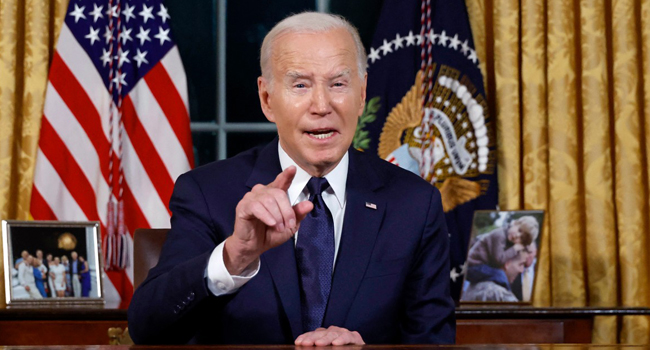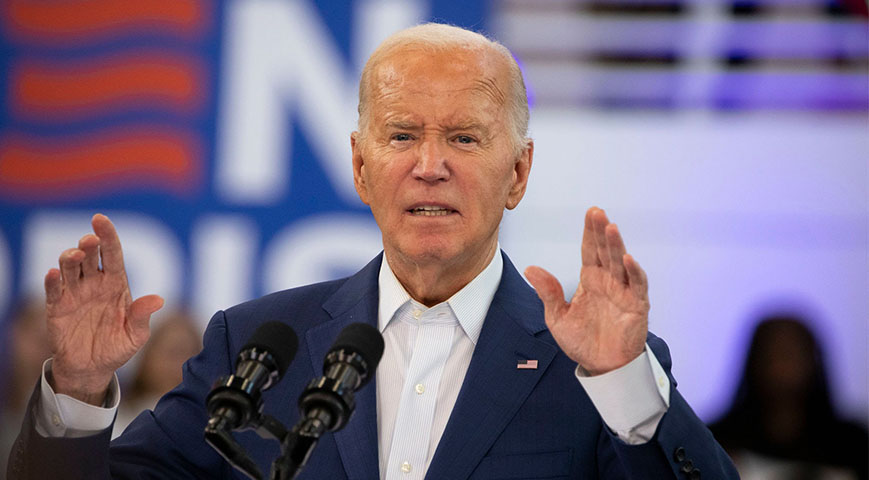Outgoing U.S. President Joe Biden announced on Thursday his decision to pardon 39 convicted of nonviolent offenses and commute the sentences of nearly 1,500 others serving lengthy prison terms.
This historic move comes shortly after Biden issued an unconditional pardon for his son, Hunter Biden.
The clemencies primarily focused on individuals placed under home confinement during the COVID-19 pandemic, many of whom, according to Biden, would have faced reduced sentences under current laws and sentencing guidelines.

Did you read this?
Last week, White House officials indicated that Biden’s administration was considering broader pardons for those unfairly treated by the judicial system, including non-violent drug offenders and cases flagged by civil rights organizations as unjust incarcerations.
“As President, it is my privilege to extend mercy to those who have shown remorse and rehabilitation,” Biden stated. He emphasized the importance of addressing sentencing disparities, particularly for drug-related offenses and restoring opportunities for individuals to reintegrate into society and contribute to their communities.

Biden's administration noted that the clemency actions on Thursday marked the highest number ever granted in a single day. The president also pledged to review clemency petitions and introduce additional reforms in the coming weeks.
Meanwhile, President-elect Donald Trump, set to take office on January 20, has promised to issue pardons on his first day, including for individuals involved in the January 6, 2021, Capitol attack. This pledge has sparked widespread anticipation of a significant wave of pardons under the incoming administration.









